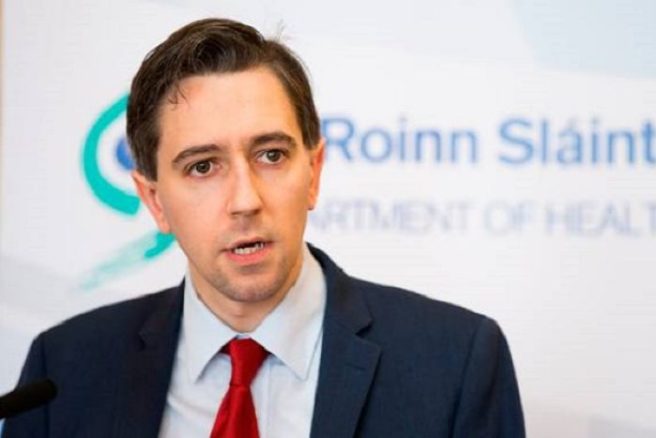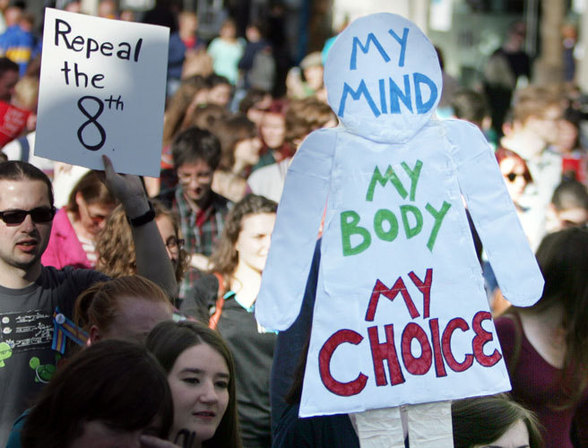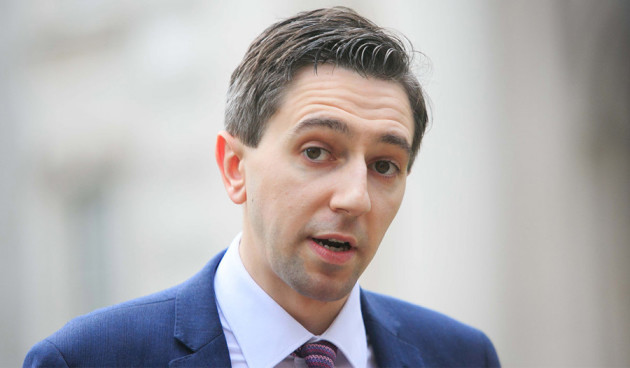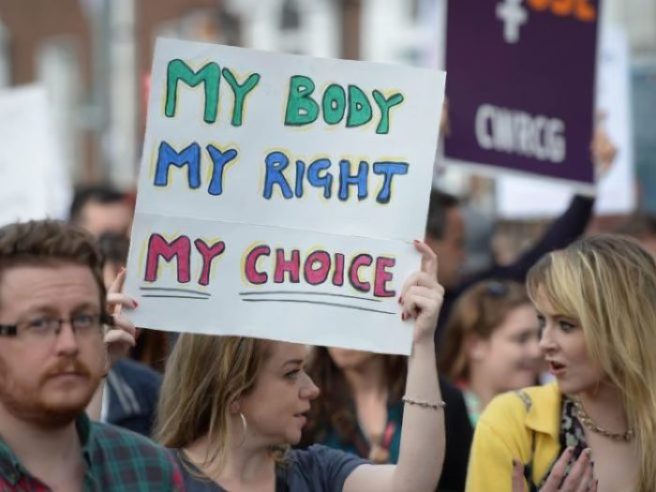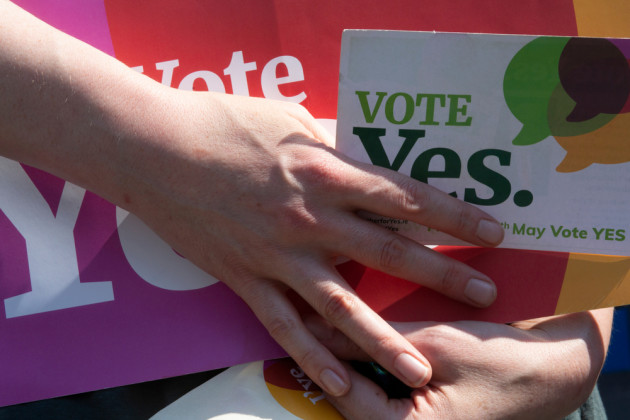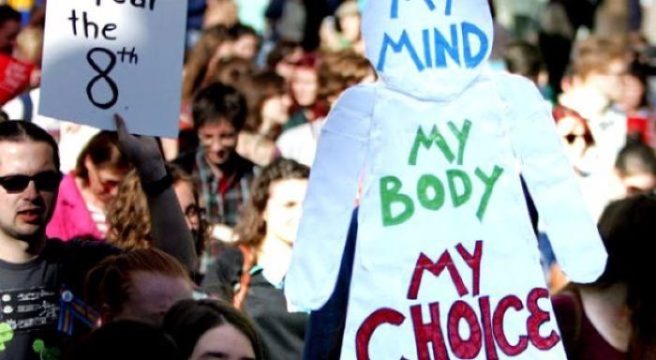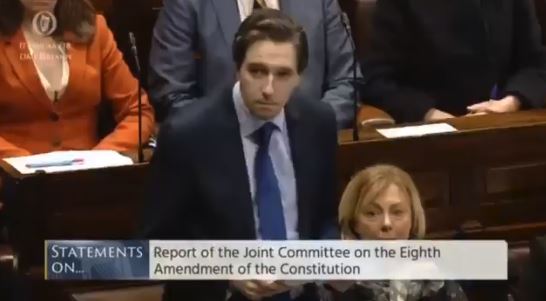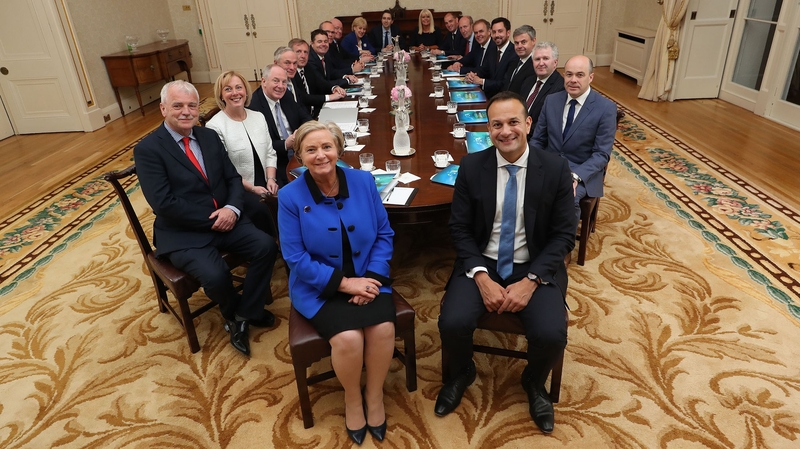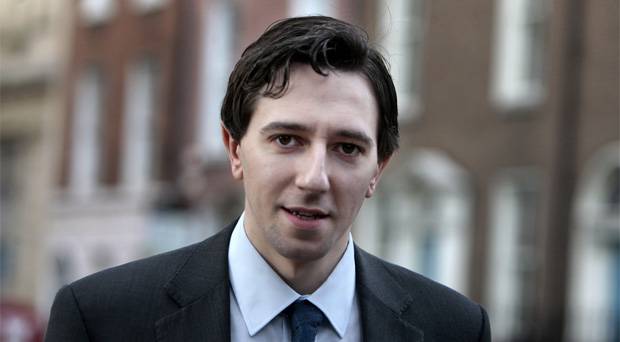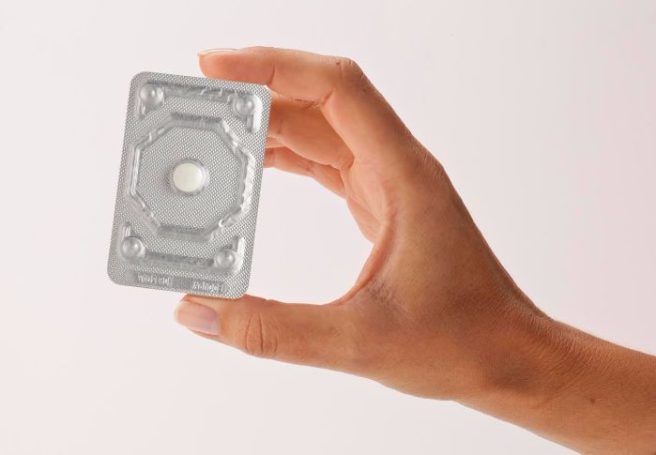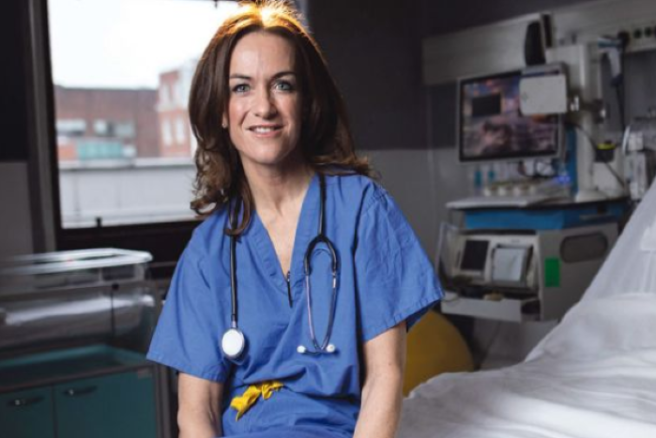
Abortions to be offered at National Maternity Hospital from January
Dr. Rhona Mahony has pledged that women whose unborn babies have fatal foetal abnormalities will be offered terminations from January at the National Maternity Hospital.
As the hospital's master, Mahony made the claim after it came to light that some maternity hospitals and GPs won't be ready to begin extended abortion services from January.
A spokesman has said that staff are "working to ensure we have a full, safe and compassionate service in place as quickly as possible".
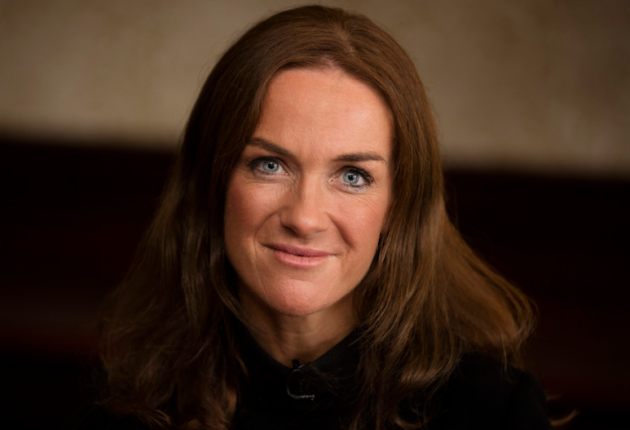
Dr. Mahony's spokesman continued;
"Notwithstanding the outstanding logistical issues, we expect to provide termination of pregnancy in situations of fatal foetal anomaly from January 1."
Minister for Health Simon Harris rejected implications that the January target for abortion services was aligned with politics, and has commented that this claim was 'offensive'.
He added that the services will not be available everywhere straight away, and that it needed time to embed and evolve with the help of clinicians.

Yesterday, the Seanad continued with their debate on the Regulation of Termination of Pregnancy Bill.
Dr Sharon Sheehan, master of the Coombe hospital, has commented that her new system of service won't be ready by January.
She said; "To ensure the provision of "safe, high-quality, sensitive and compassionate care for women", it is essential to have the finalised legislation in place, an agreed model of care nationally and national clinical guidelines.
She continued;
"There has been extensive work, and that is continuing to proceed at a pace, but they are not ready and we now have only 20 days before this service is to be introduced.
"In my opinion, the country is not ready, and therefore the Coombe is not in a position to deliver these services from the January 1."
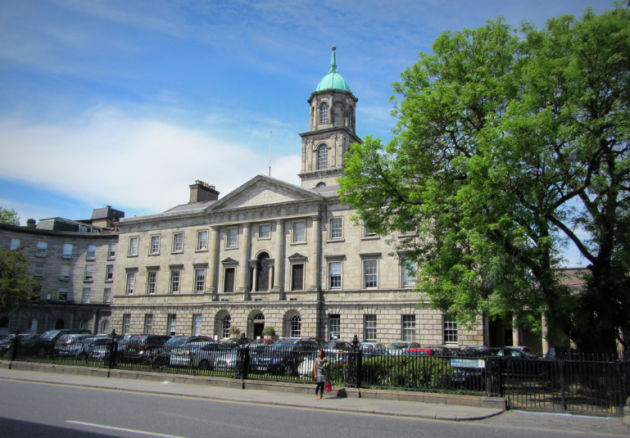
The Rotunda maternity hospitals spokeswoman commented that;
"Rotunda Hospital will be complying with enacted legislation providing the appropriate model of care, resources and funding is in place to enable a safe service provision to women".
The Irish Family Planning Association has also said that an exact date of availability for abortion services cannot yet be offered;
"We are still working on a number of outstanding issues. We're working to resolve them as quickly as possible and we're making good progress. We won't delay in providing abortion care once that's done".
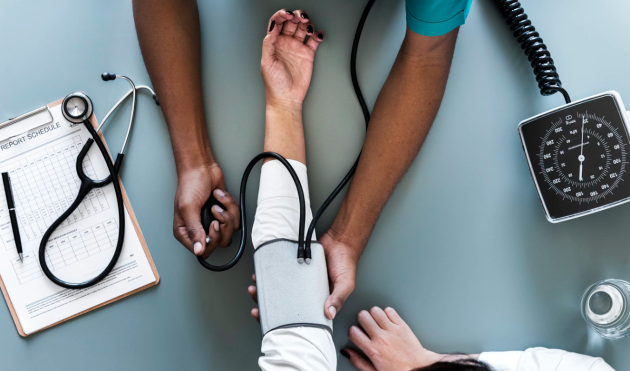
The Irish College of General Practitioners and the Institute of Obstetricians are set to meet today for the discussion of clinical guidelines which are seen as essential for doctors.
A 24/7 helpline will hopefully be advertised by the HSE once the legislation is passed for guiding women, GPs and hospitals.
Feature image: BusinessPost.ie







